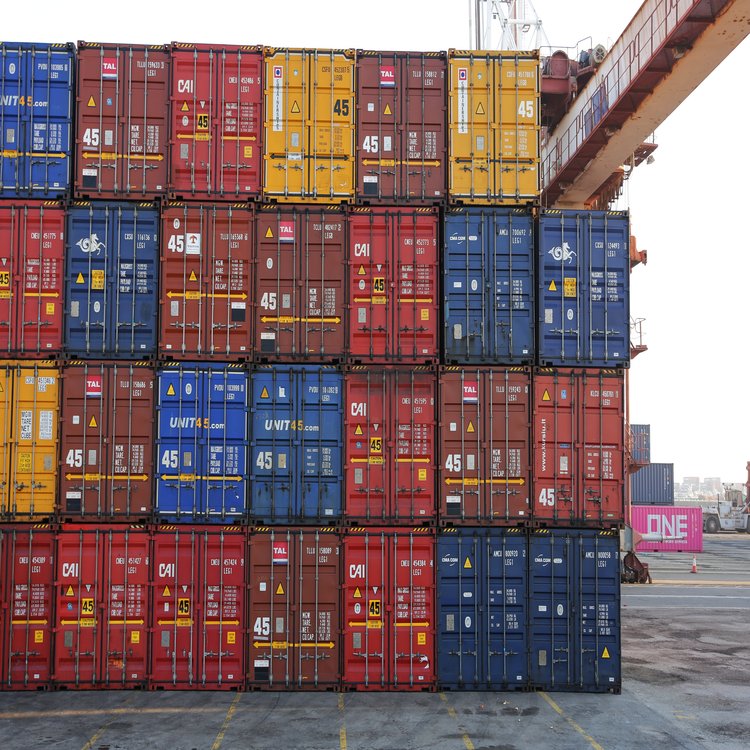APEC Global Supply Chains SME Survey report

Now more than ever we need to support our MSMEs to engage in global trade through global supply chain opportunities: The APEC Global Supply Chains SME Survey report
Micro to Small and Medium Enterprises (MSMEs) play a major role in the global economy.
According to the World Bank, 600 million jobs will be needed by 2030 to absorb the growing global workforce, which makes SME development a high priority for many governments around the world.
The Australian Government recently funded a survey into global supply chains to better understand the needs of SMEs in APEC economies after the COVID-19 pandemic. The survey was conducted between 25 July and 30 November 2020; a total of 1511 responses were received.
Highlights from the report show that most SMEs surveyed play an important and varied role in cross-border supply chains. The majority of the respondent SMEs are connected with at least one large business – with most SMEs selling to, and receiving goods and services from, large enterprises — as well as selling to other SMEs.
Before COVID-19, most SMEs indicated that the primary challenges they faced when selling into global supply chains were payment issues followed by local regulations, culture, business culture, delivery delays and standards.
As a result of COVID-19, the main challenges that SMEs have experienced include reduced customer demand and delivery delays/failures, followed by customer insolvency/cash flow issues, cost of logistics, and lack of air freight capacity.
Most SMEs are not planning to change their supply chains as a result of COVID-19, while a third are looking to either diversify sources of supply, including through offshore manufacturing.
The biggest challenge by far in preventing SMEs from diversifying their supply chains is the cost involved, followed by logistical issues then the regulatory barriers.
Not surprisingly, most SMEs rely on governments to help to reduce complex trade regulations and barriers where possible. SMEs stated that they are relying on governments to help to reduce complex trade regulations and barriers where possible. For SMEs operating in global supply chains, their main demand is to create a business environment that, on one hand, enables them to operate and grow, while on the other hand, reduces considerably regulatory requirements, logistics, compliance and financial risks.
Of significant importance, and an area of priority for APEC member economies, could be that most SMEs need to get support in niche and developing areas for future skills development. Areas include: digital transformation (mainly Customer Relationship Management [CRM] systems, cybersecurity, and E-commerce); sustainable global supply chains; trade and investment in digital trade; automation and artificial intelligence.
The survey was supported by the Department of Foreign Affairs and Trade (DFAT) of the Australian Government and implemented online by GTPA and North Carolina State University (NCSU) Supply Chain Resource Cooperative. The report can be downloaded at: www.gtpalliance.com.